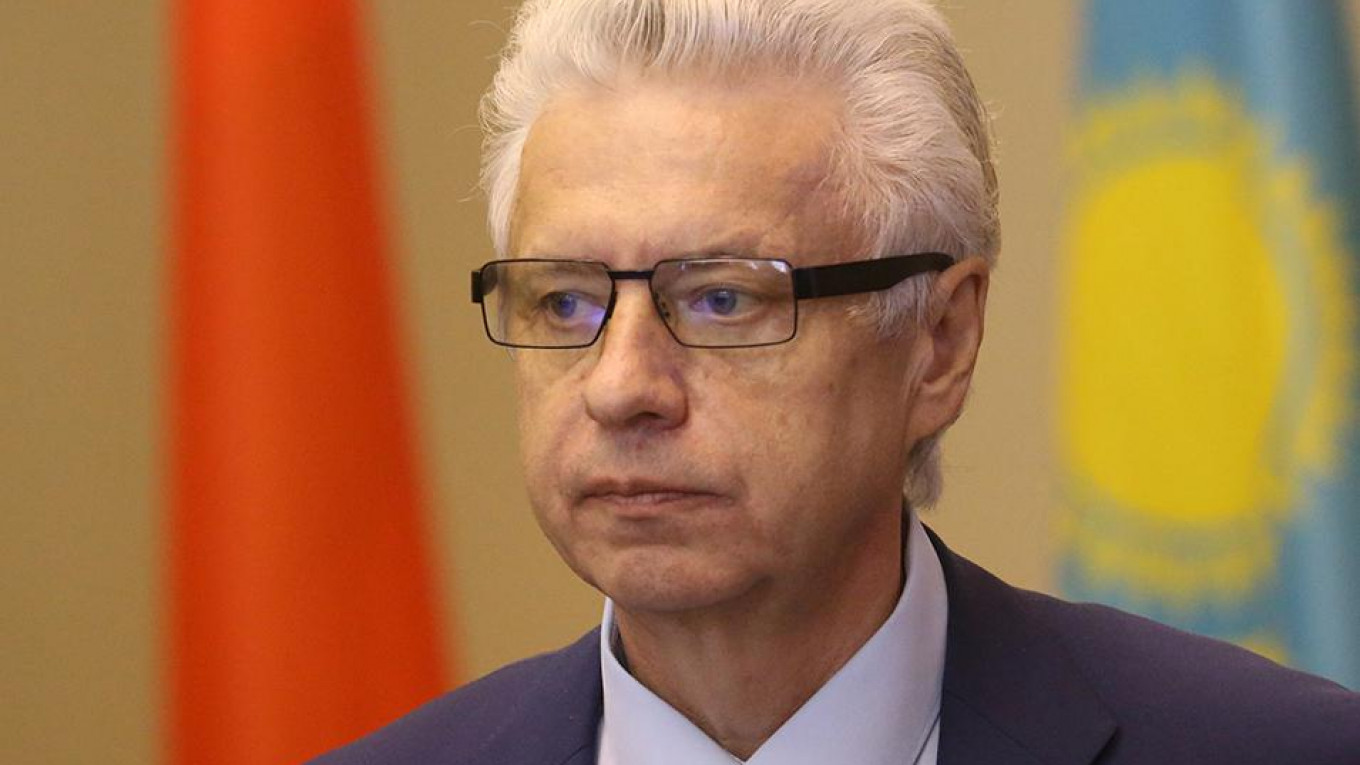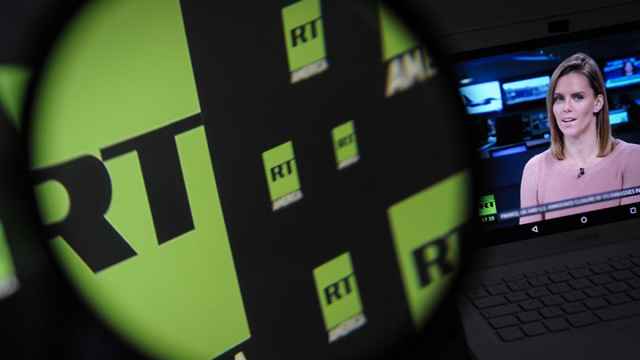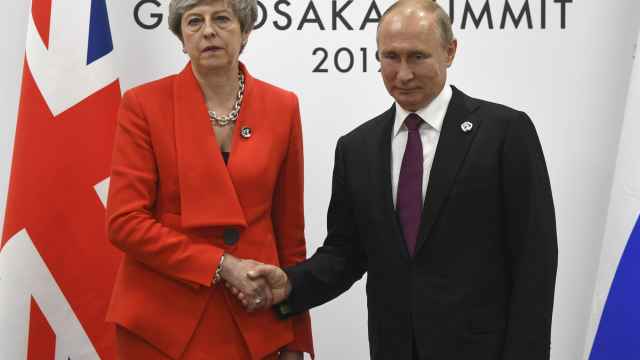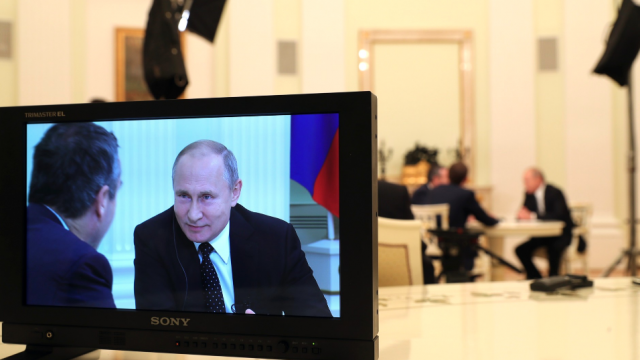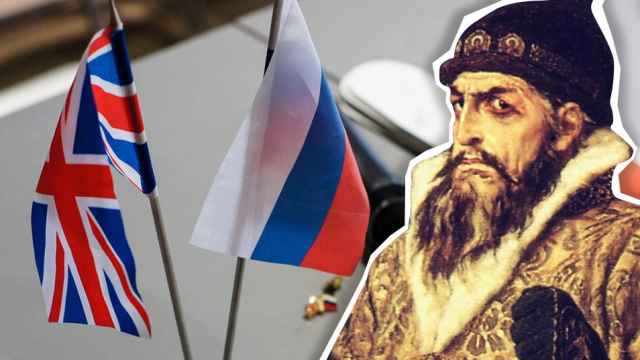The former head of Russia’s Federal Security Service (FSB) has said that spies follow an “unwritten law” against poisoning the relatives of rival agents and cast doubt on accusations that Moscow had attempted to kill a former double agent in Britain.
Sergei Skripal, a former intelligence officer who served jail time in Russia for spying for Britain, was poisoned in southern England with his daughter on March 4. British Prime Minister Theresa May said on Monday that it was “highly likely” that Russia was behind the Skripal’s poisoning.
Ex-FSB chief Nikolai Kovalyov told the state-run TASS news agency Monday that speculation about Russia’s responsibility for Skripal’s poisoning was “illogical.”
“The operative’s family has immunity because if you start acting through the wife, the children, this process will become irreversible, and it can turn into a virtual blood feud,” he said, citing unwritten intelligence agency rules.
The ex-FSB chief went on to say that Skripal had posed no threat to Russia, allowing him to be part of a spy exchange in 2010 for Russian agents held in the United States.
“After an evaluation, it was determined that Skripal posed no threat to Russia,” Kovalyov said.
“This was the basis for his release and exchange,” he added.
A Message from The Moscow Times:
Dear readers,
We are facing unprecedented challenges. Russia's Prosecutor General's Office has designated The Moscow Times as an "undesirable" organization, criminalizing our work and putting our staff at risk of prosecution. This follows our earlier unjust labeling as a "foreign agent."
These actions are direct attempts to silence independent journalism in Russia. The authorities claim our work "discredits the decisions of the Russian leadership." We see things differently: we strive to provide accurate, unbiased reporting on Russia.
We, the journalists of The Moscow Times, refuse to be silenced. But to continue our work, we need your help.
Your support, no matter how small, makes a world of difference. If you can, please support us monthly starting from just $2. It's quick to set up, and every contribution makes a significant impact.
By supporting The Moscow Times, you're defending open, independent journalism in the face of repression. Thank you for standing with us.
Remind me later.


